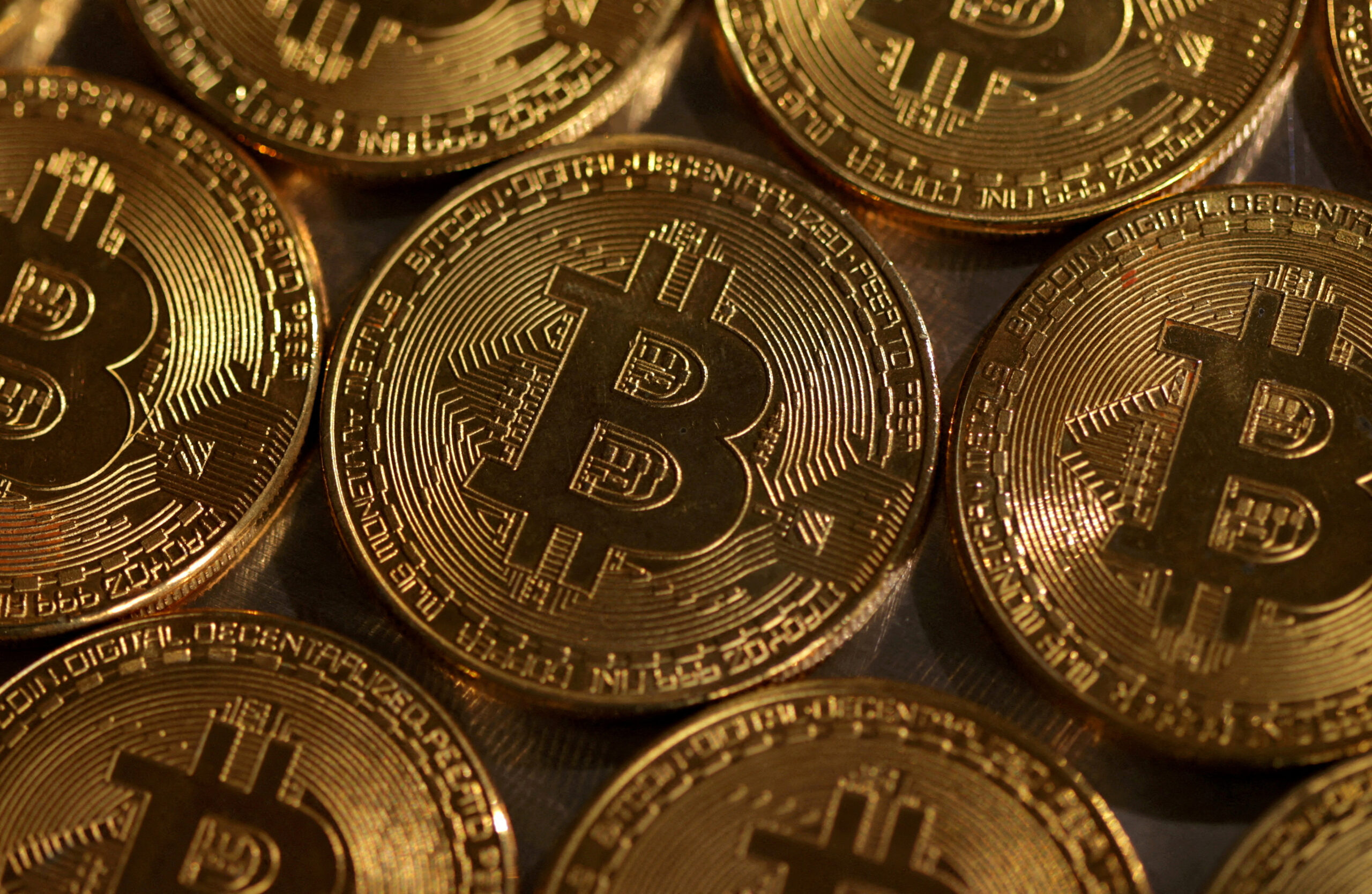Nigeria’s Securities and Exchange Commission (SEC) has announced a crackdown on unregulated cryptocurrency transactions as part of its latest regulatory measures. The new regulations aim to bring greater oversight and transparency to the country’s rapidly growing digital asset market.
In a move designed to curb illegal and unregulated crypto activities, the SEC has introduced stringent rules requiring all cryptocurrency transactions to be conducted through licensed platforms. These regulations mandate that all digital asset exchanges, wallet providers, and other crypto-related businesses must obtain official licenses to operate within Nigeria.
The SEC’s new guidelines are part of a broader effort to protect investors and ensure market integrity amid increasing concerns over fraud and market manipulation in the cryptocurrency space. The regulations also include enhanced reporting requirements for crypto transactions and stricter anti-money laundering (AML) and combating the financing of terrorism (CFT) measures.
“The implementation of these regulations is crucial for safeguarding investors and ensuring that cryptocurrency activities are conducted in a transparent and regulated manner,” said Lamido Yuguda, the Director-General of the SEC. “Our aim is to create a safer and more structured environment for digital asset trading while addressing the risks associated with unregulated transactions.”
The SEC’s actions follow a series of high-profile incidents involving fraudulent crypto schemes and unlicensed trading platforms in Nigeria. By enforcing these new rules, the SEC seeks to mitigate risks and enhance consumer confidence in the cryptocurrency market.
Industry stakeholders have reacted positively to the SEC’s move, noting that clearer regulations could lead to increased legitimacy and stability in the sector. However, some crypto advocates have expressed concerns that the new rules could stifle innovation and limit access to digital asset trading for smaller investors.
The Nigerian government has been actively working to integrate cryptocurrencies into the formal financial system while addressing regulatory challenges. The SEC’s latest enforcement action is seen as a significant step toward achieving a balanced approach that promotes both innovation and regulatory compliance.
As the cryptocurrency market continues to evolve, the SEC’s regulations are expected to set a precedent for other countries grappling with similar issues related to digital asset oversight. The effectiveness of these measures will likely be closely monitored by global regulators and industry participants.

 Business1 week ago
Business1 week ago
 Business1 week ago
Business1 week ago
 Business1 week ago
Business1 week ago
 Business1 week ago
Business1 week ago
 Business1 week ago
Business1 week ago
 Business1 week ago
Business1 week ago
 Business1 week ago
Business1 week ago
 Business2 days ago
Business2 days ago





























